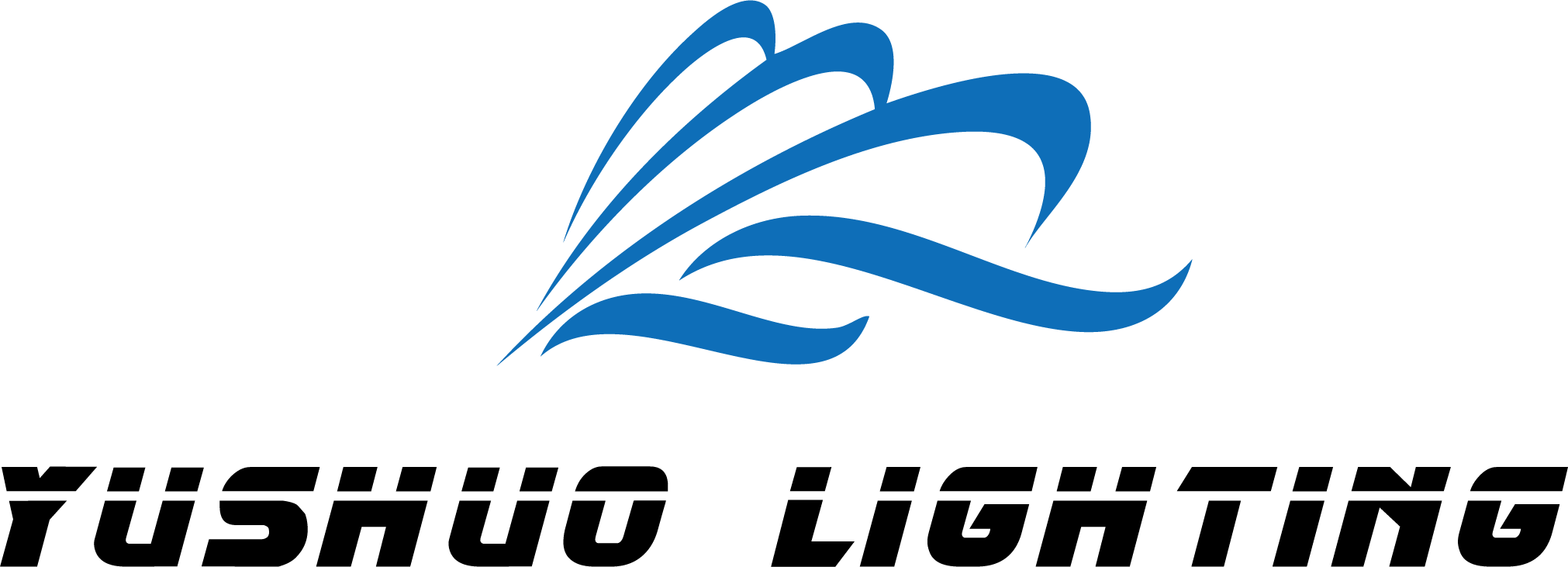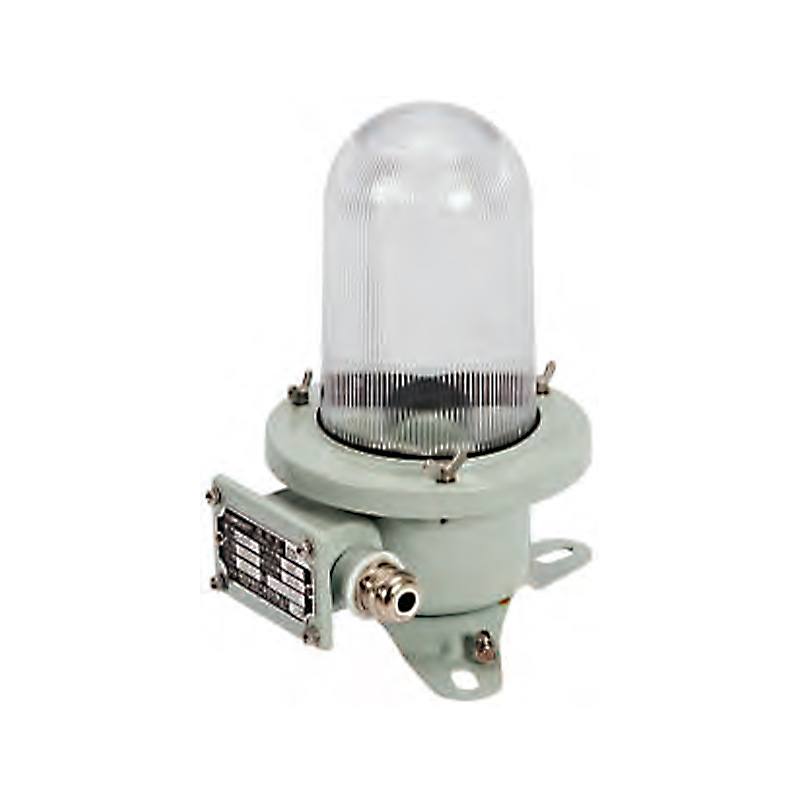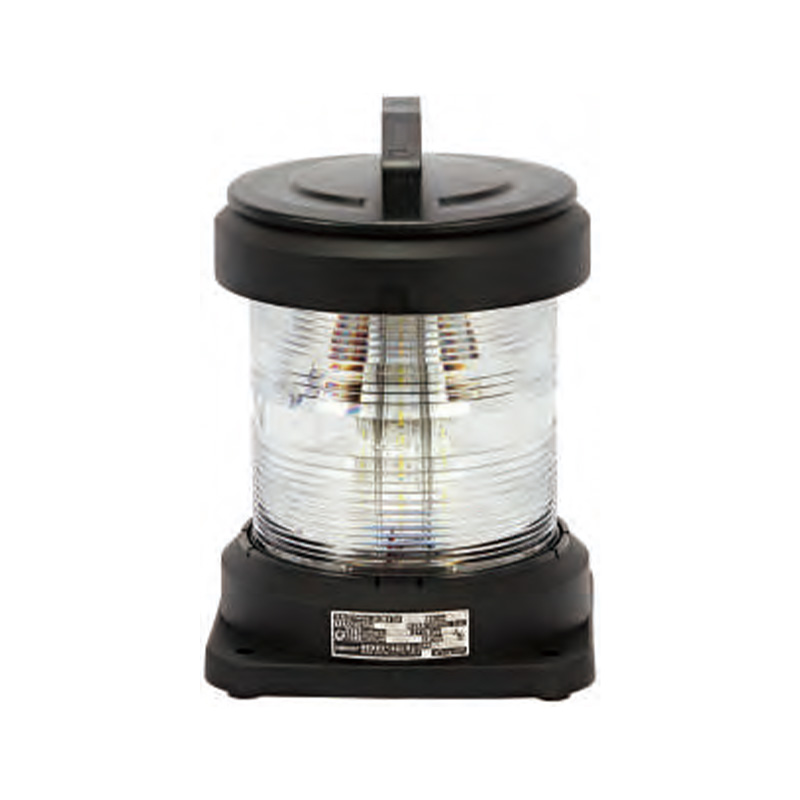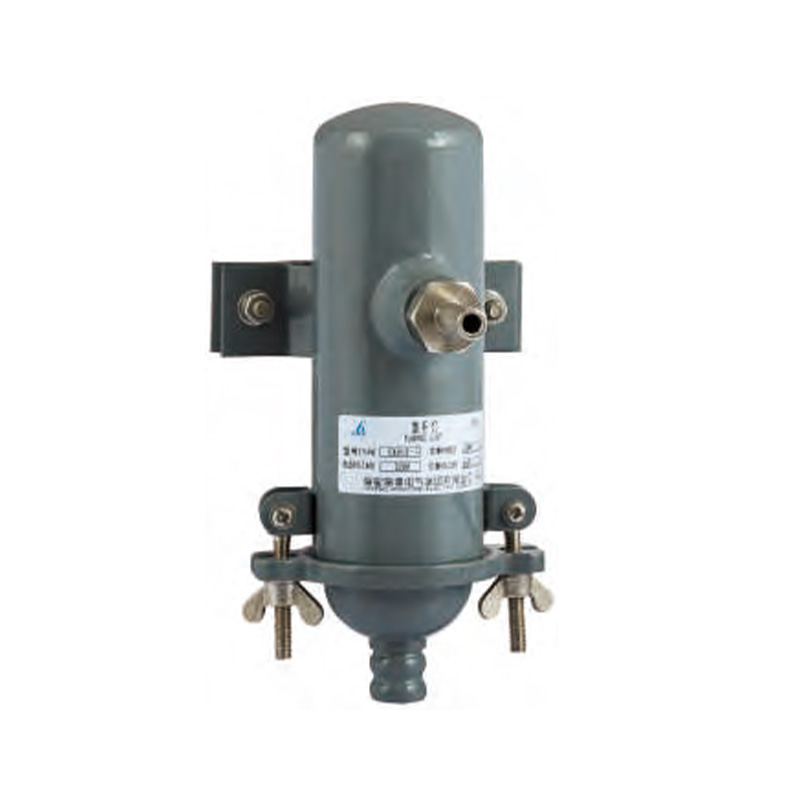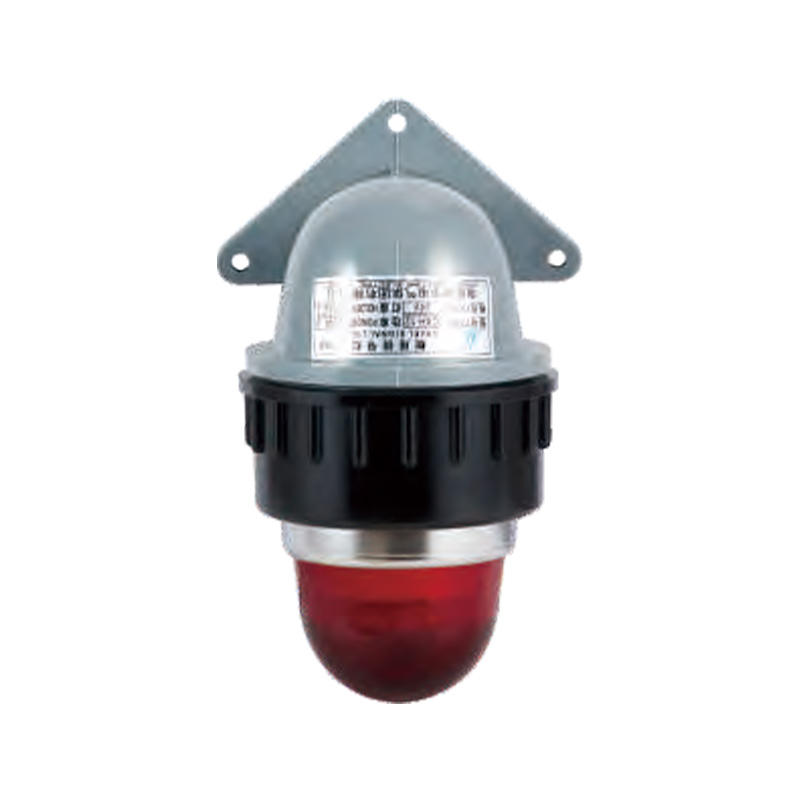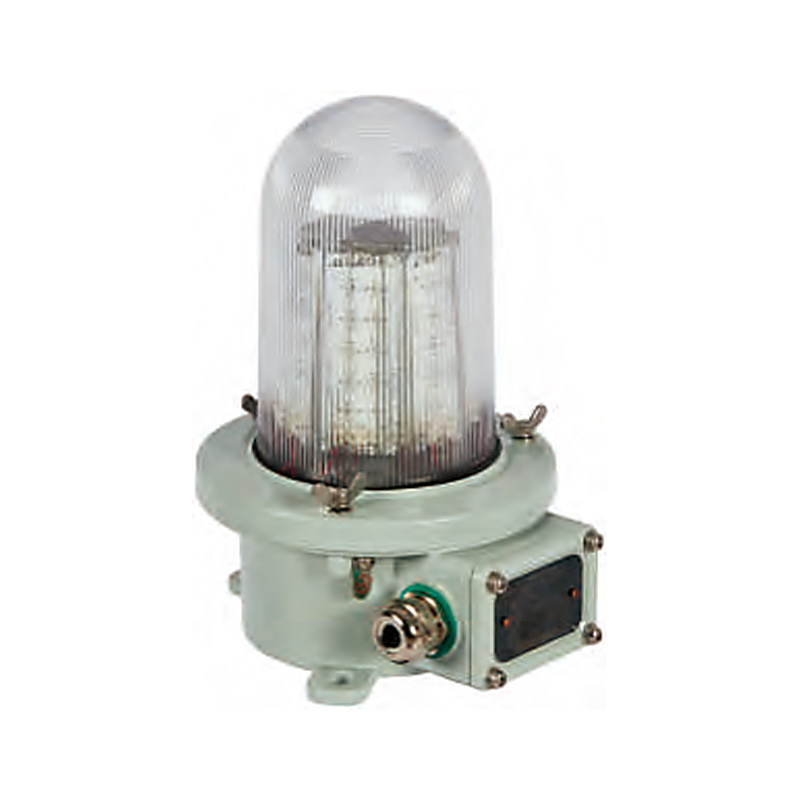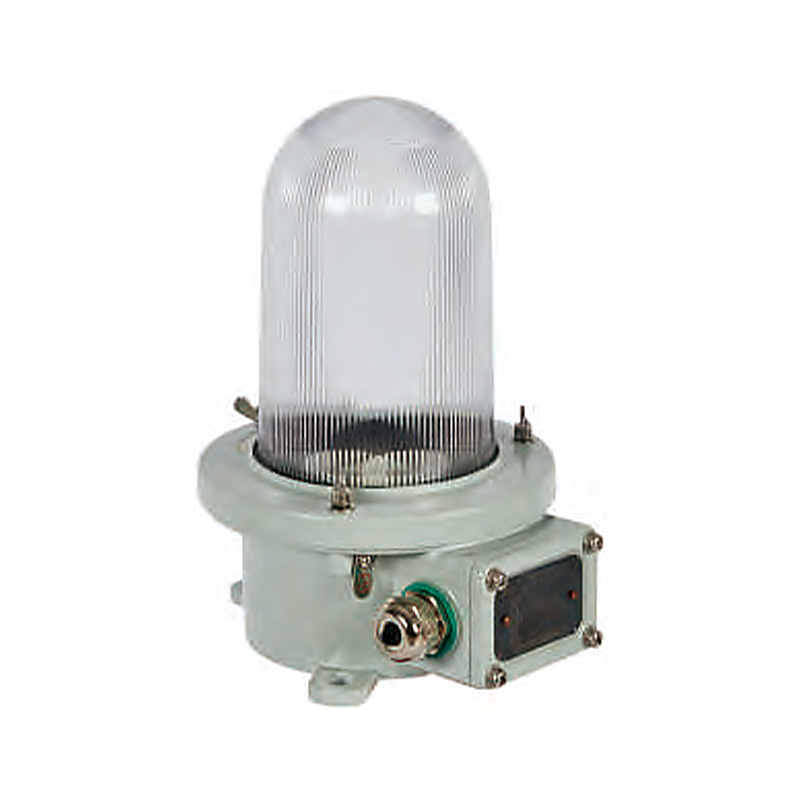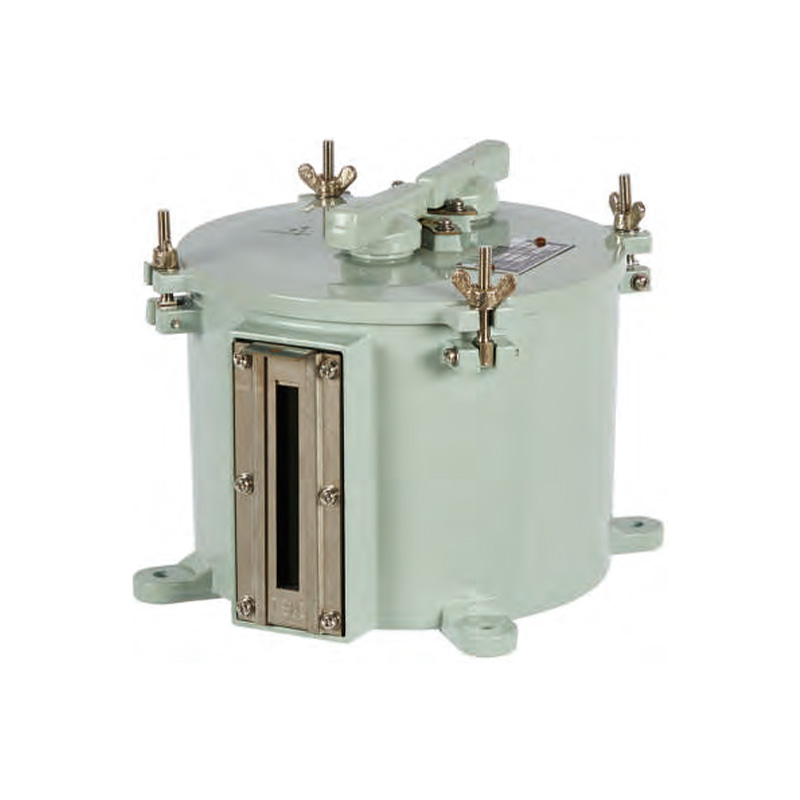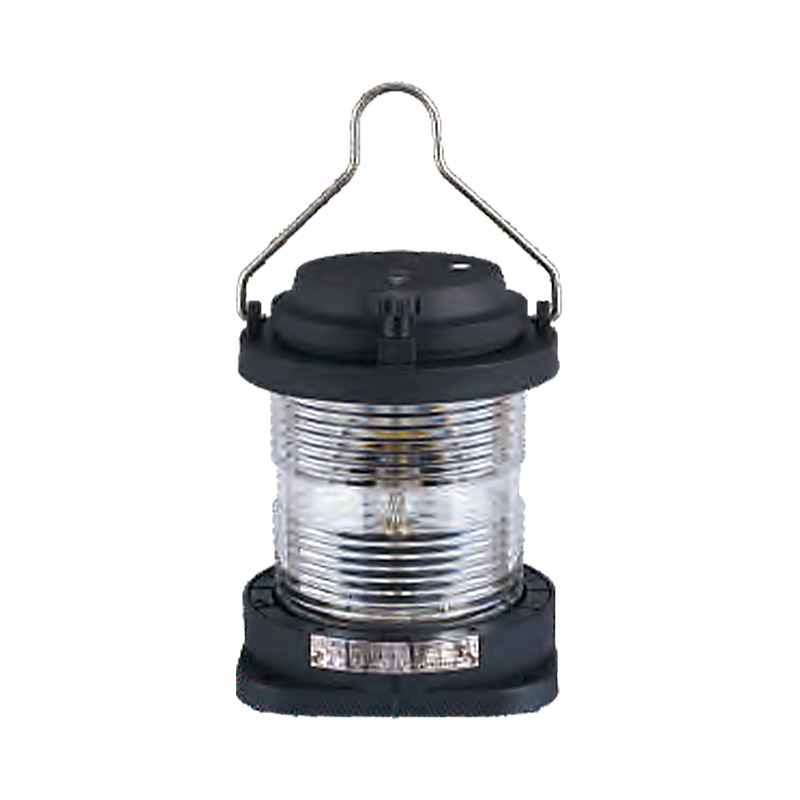Why do Marine Signal Lights Use Engineering Plastic PC as Lampshades
Marine signal lights are like flowing traffic signs on the sea, revealing the direction, speed and status of the ship, and can make ships know each other’s positions and the positions of others, thus effectively reducing the risk of collision and accidents. Therefore, although the signal light cover looks ordinary, it shoulders the important function of communication and indication, so its material selection is particularly critical. Engineering plastic polycarbonate (PC) has quickly become the first choice at this stage due to its multiple advantages. It can work reliably in harsh marine environments and is often the number one candidate.
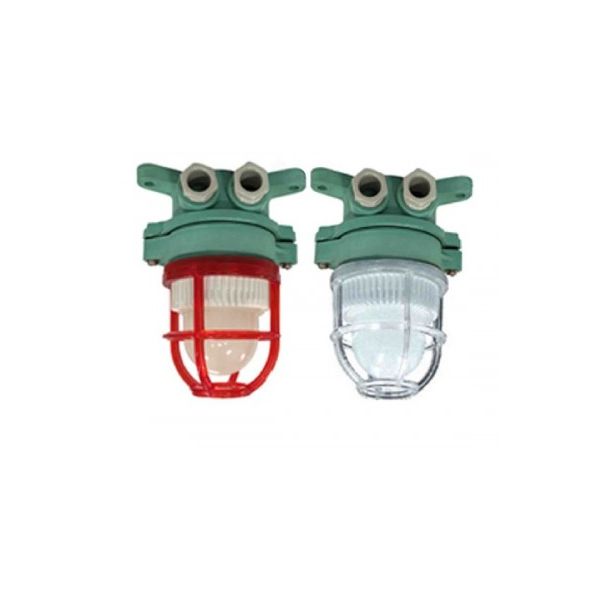
Table of Contents
Shortcomings of Traditional Materials
In the past, many signal light covers still relied on either glass or acrylic.
Glass
Glass was the first generation of widely used cover materials, and was widely accepted by the shipping industry for its extremely high transparency and excellent weather resistance. The light transmittance does make the marine signals clearly visible at a long distance, and the salt water corrosion resistance of thin and thick glass allows the lamps to last for many years on the sea. But even so, the brittleness of glass determines that it is easy to break in big waves, strong winds or accidental collisions. After accidental failure, it often needs to be completely replaced, which increases the expenses of shipowners; coupled with its heavy weight, it places additional load requirements on the fixtures, and long-term use may also cause fatigue damage to metal parts.
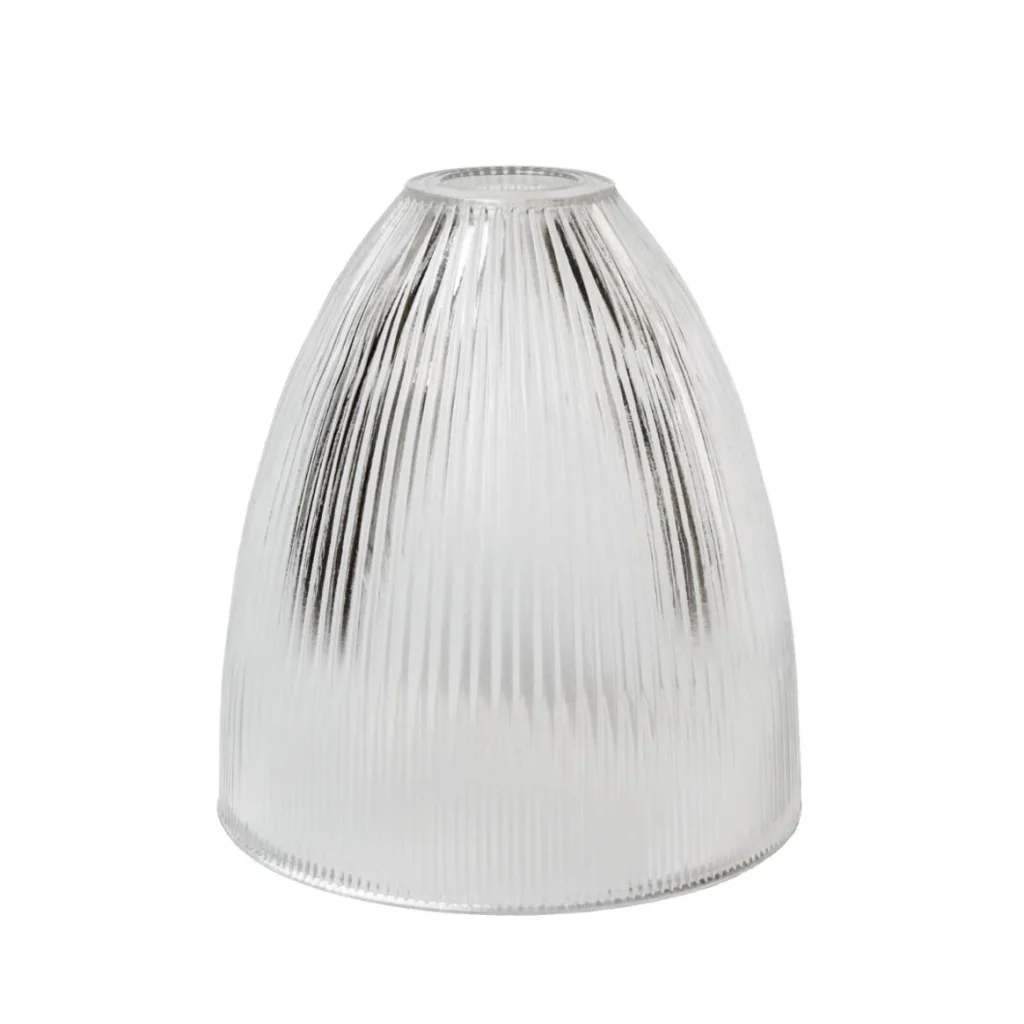
Acrylic
Acrylic is a backup for glass. It is indeed light and has better impact resistance than glass. Therefore, many shipping companies are looking for a choice for transformation. It is lighter, easier to install, has a lower risk of breakage and is more affordable. In recent years, a large number of offshore platforms and small passenger marines have also followed this trend. However, acrylic still has its own shortcomings. It will inevitably turn yellow and reduce light transmittance under long-term sunlight. It will crack under low temperature or high pressure, and frequent friction may also leave scratches, which will eventually affect the clarity of the marine signal lights.
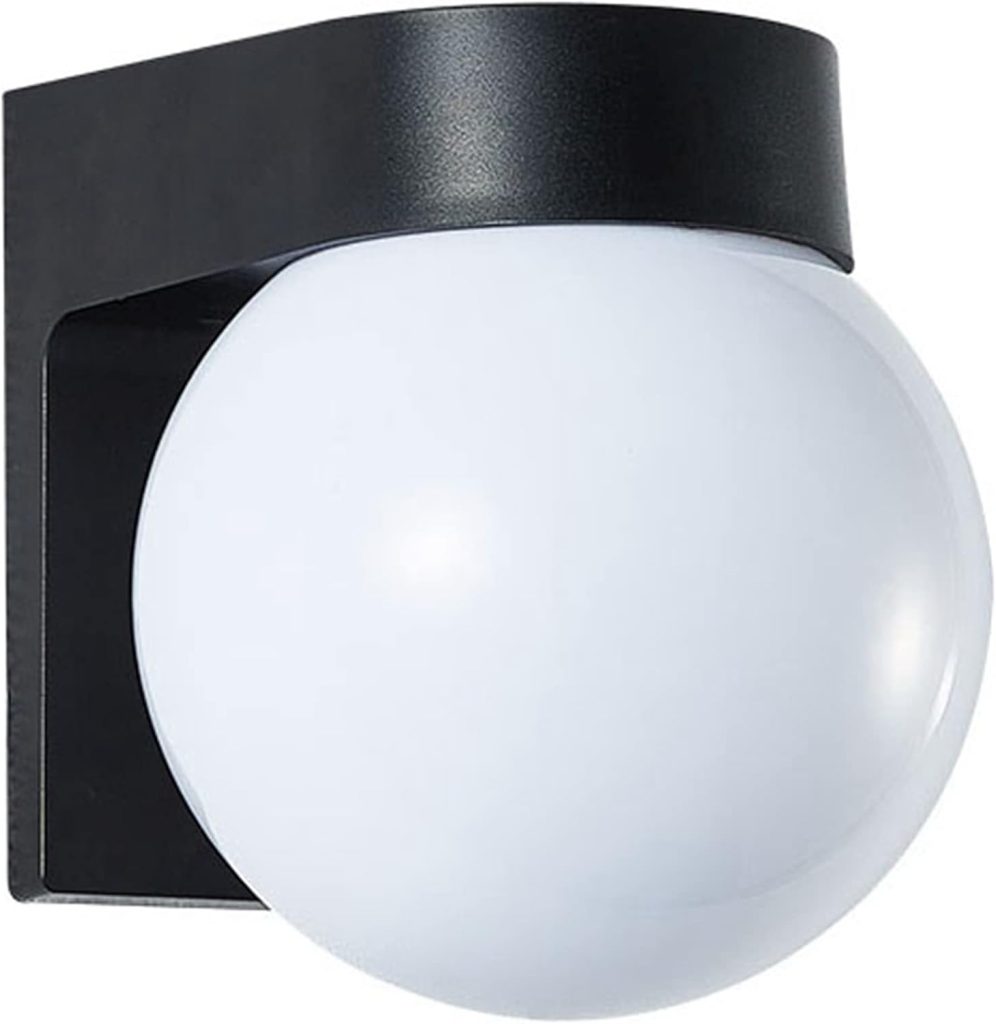
Advantages of Using Engineering Plastics PC for Marine Signal Lights
As a special high-performance engineering plastic, polycarbonate is an ideal material to make up for the above defects, bringing timely multiple benefits to marine signal light lampshades.
Super Impact Resistance
The marine environment is unfortunate, and lamps may encounter severe external forces such as crosswinds, wave strikes, and rough loading and unloading. Ordinary glass or acrylic can only protect themselves. The PC material is almost indestructible and can easily withstand hundreds of joules of impact. It can also maintain its overall structure in continuous vibration and mechanical impact, and the risk of fragments flying is greatly reduced, thus providing better safety protection for crew members and their own equipment.
Excellent Optical Performance
For signal lights, the penetration and direction of light are almost test indicators. The light transmittance of PC is close to that of high-quality glass. When it is tailor-made and polished into the required shape, the scattering and direction can be precisely controlled. A reinforced anti-glare film can be added to the surface to significantly reduce the dazzling light and brighten the dark area, ensuring that the surrounding staff will not lose their normal vision due to strong light.
Excellent Weather Resistance and UV Resistance
Signal lampshades are often exposed to water and sunlight for many years. Extremely humid and salt spray environments, PC shows superior adaptability. The newly added anti-ultraviolet coating prevents it from turning yellow or blurring quickly, and always keeps the light transmittance as before; the excellent anti-corrosion performance ensures that there will be no rust or leakage after long-term immersion in salt water.
Lightweight and Easy to Install
Every bit of weight reduction on the marine can gain a small profit in fuel, power and subsequent maintenance, and the lightweight characteristics of polycarbonate just meet this requirement. Less total weight makes the signal light fixture easier to bear, and it also becomes much easier to carry, install and replace it on board in complex sea conditions.
Good Thermal Stability
From the Arctic ice to the equatorial heat, the temperature range of the marine lampshade is extremely wide. The temperature resistance range of PC is from -40 to +120, and it remains stable. It will not become brittle in the cold winter or collapse in the high temperature. The instantaneous rise and fall caused by the thermal shock will not cause the lamp to fail due to cracks.
Cost-effectiveness and Sustainability
Compared to glass or acrylic, PC’s raw material procurement and processing costs are significantly lower, and it is recyclable, which is sustainable for the shipping industry, which is increasingly concerned about clean seas and carbon emissions. Its durability for several years reduces the waste of frequent replacement, thereby reducing the long-term expenses of ship owners.
Future Development Prospects
PC has become the first choice for marine lampshades, but it cannot be ruled out that newer and more ideal formulas may appear in the future as material technology continues to advance. For example, using nanoparticles as surface coatings to further improve scratch resistance and UV tolerance; imagining smart polymers with self-cleaning and self-repairing capabilities, so that most daily maintenance can be saved; even exploring new bioplastic materials derived from abundant plants to provide a more responsible green choice for the shipping industry.
Conclusion
No matter how it develops, polycarbonate lampshades have proven their reliability and efficiency in harsh marine environments with their nearly perfect comprehensive performance, making them a fitting name for modern marine signal lights. With the continuous advancement of material innovation and the continued improvement of the shipping industry’s dual demands for safety and environmental protection, the story of polycarbonate lampshades is yet to be told, and they may continue to safeguard international shipping safety for many more years.
